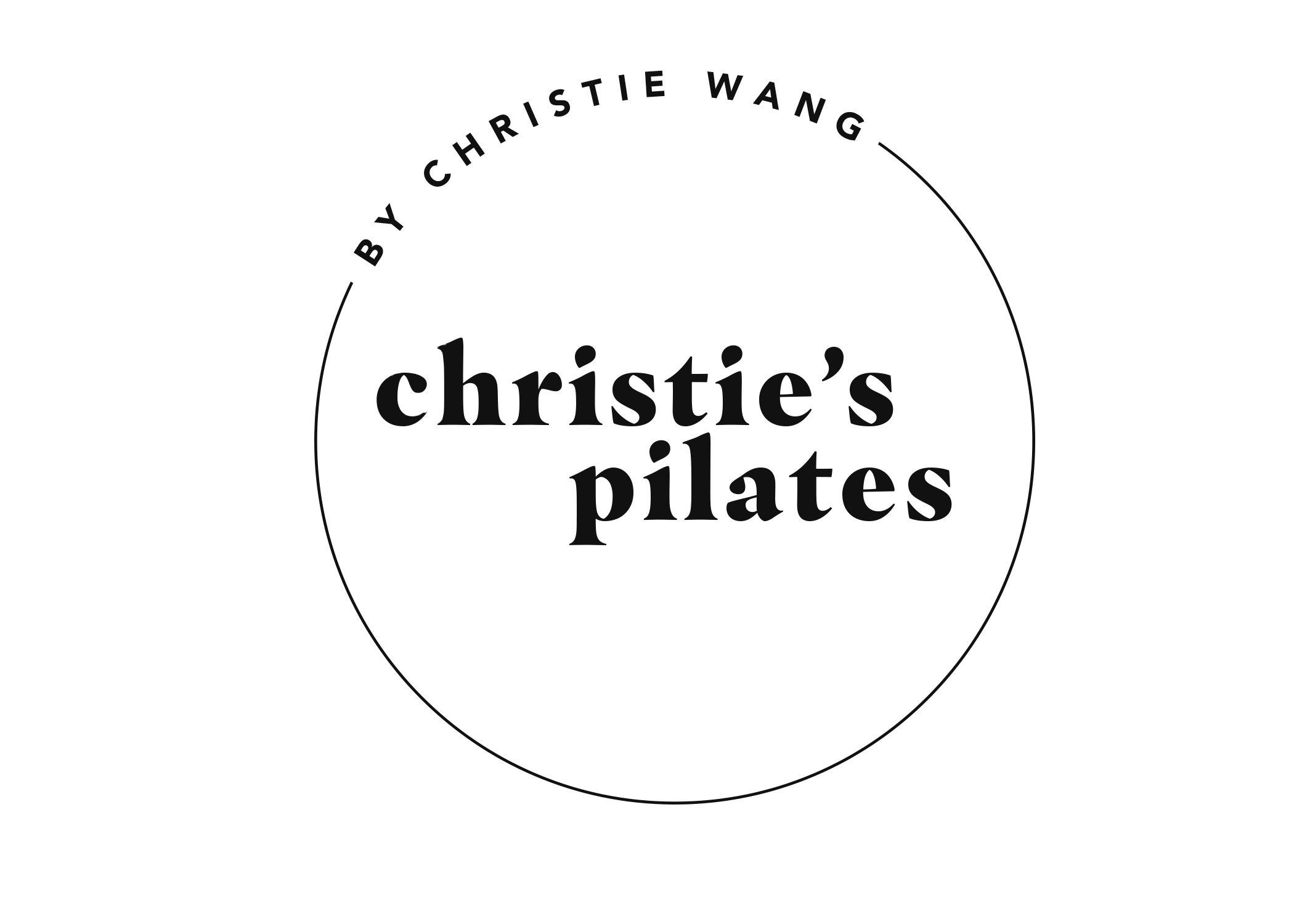Why I Will Never (Ever!) Go on a Diet!
The below article was posted in a publication “Fiterazzi” in spring of 2014.
Why I Will Never (Ever!) Go on a Diet!
by Christie Wang
This is not what you think this is. I am not a naturally underweight, willowy, model-esque, 5’ 9” woman who has never struggled with her weight in her life. I am a short, “athletically built” (we all know that is a code word for thick and boxy...) young woman who has struggled with her body image for her whole life. And I am telling you that I do not diet. And I never, ever will.
I grew up in a strict family. I had parents who told me exactly what to do, and when to do it. I’m going to shy away from calling them “controlling” but… they may have been just a wee bit controlling. My extracurriculars, diet, schooling - everything was under their domain. Until high school, I learned to live a life of limits and control. But, after entering college, I realized why I was struggling so much with my body image and weight. It was a matter of perspective. I was focusing on what I couldn’t have (oh the chocolate-y goodness! the bread! the red meat!) instead of what I could have. I guess it’s similar to the idea of looking at the glass half full.
Marty Seligman, a University of Pennsylvania psychology professor who is credited with the creation of the ideas of learned helpless and the field of positive psychology, knows a lot about the meaning of seeing the glass as half full. Instead of subscribing to the traditional psychological frameworks that focus on what could go wrong, positive psychology is the study of the strengths, values and virtues that allow individuals and their communities to thrive. This field assumes that all human beings look to lead meaningful lives and to cultivate the best versions of themselves. He believes that people can improve their lives by identifying and using their strengths and best qualities and learning to see setbacks are temporary (Seligman). I think we can all learn a little lesson from positive psychology. Let’s all focus on the good in our lives as we journey together to improve.
Since focusing on this perspective, I see what is positive and great about my diet and lifestyle- the healthy, nourishing greens, the extra energy- instead of bringing myself down with negative thoughts. Even better, my diet and exercise has improved significantly. I’m eating cleaner and working out more, and I have not even felt like I have been trying. Clearly, a focus on appreciating what you do have rather than what you don’t have makes all the difference! Being healthy has grown into a treat, not a chore. It has grown into a beautiful, essential part of my life that I am always working on. Instead of continually feeling the tension in the decision of choosing between the scoop of peanut butter chocolate ice cream (YUM!) or a leafy green salad for lunch, I have transformed my journey of nutrition into a lifestyle of loving myself. I think, “Which choice will make me feel better, cleaner and healthier in 2 hours?”
I will never endorse crash dieting. The whole idea behind it is unsustainable. University of Pennsylvania psychiatrist Kelly Bromwell suggests, in her article The Effects of Repeated Cycles of Weight Loss and Regain in Rats, that frequent crash diets actually makes subsequent weight loss even more difficult (Bromwell)! Want to know the real way to lose weight? To tone up? To achieve your fitness goals? It’s changing your lifestyle once and for all- your exercise routine, eating habits, social support, stress management and yes, also your mindset (Toobert.) You are more than what you eat. You are you- all of you. Beauty and health is more than changing your outward appearance, it’s about changing yourself from the inside out.
I encourage everyone out there to pursue a life without limits. What’s one part of yourself that you can change so that you can continue to transform yourself into a healthier, better you?
Citations:
Bromwell, Kelly D., M. R. Greenwood, Eliot Stellar, and E. E. Shrager. "The Effects of Repeated Cycles of Weight Loss and Regain in Rats." Physiology & Behavior 38.4 (1986): 459-64. Web.
"Effects of the Mediterranean Lifestyle Program on Multiple Risk Behaviors and Psychosocial Outcomes among Women at Risk for Heart Disease." (n.d.): n. pag. Web.
Seligman, Martin, and Mihaly Ciskszentmihalyi. "Positive Psychology: An Introduction." American Psychologist 55.1 (2000): 5-14. Web.

